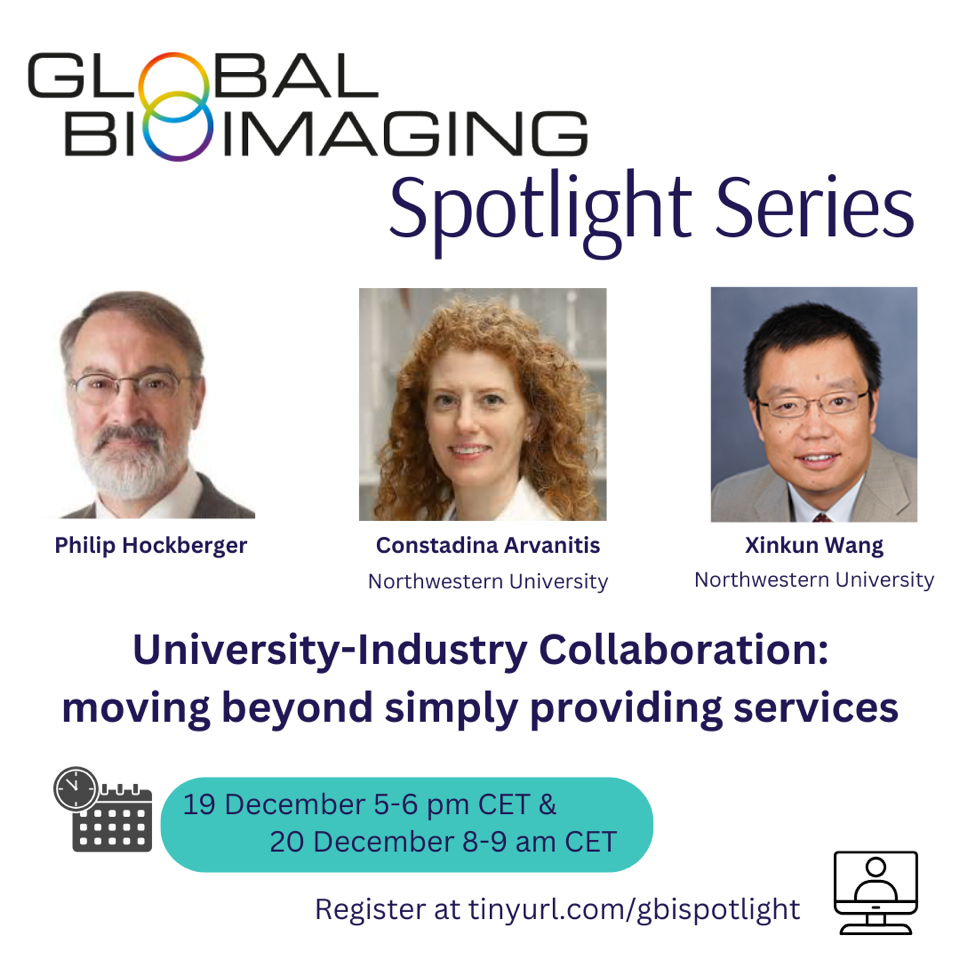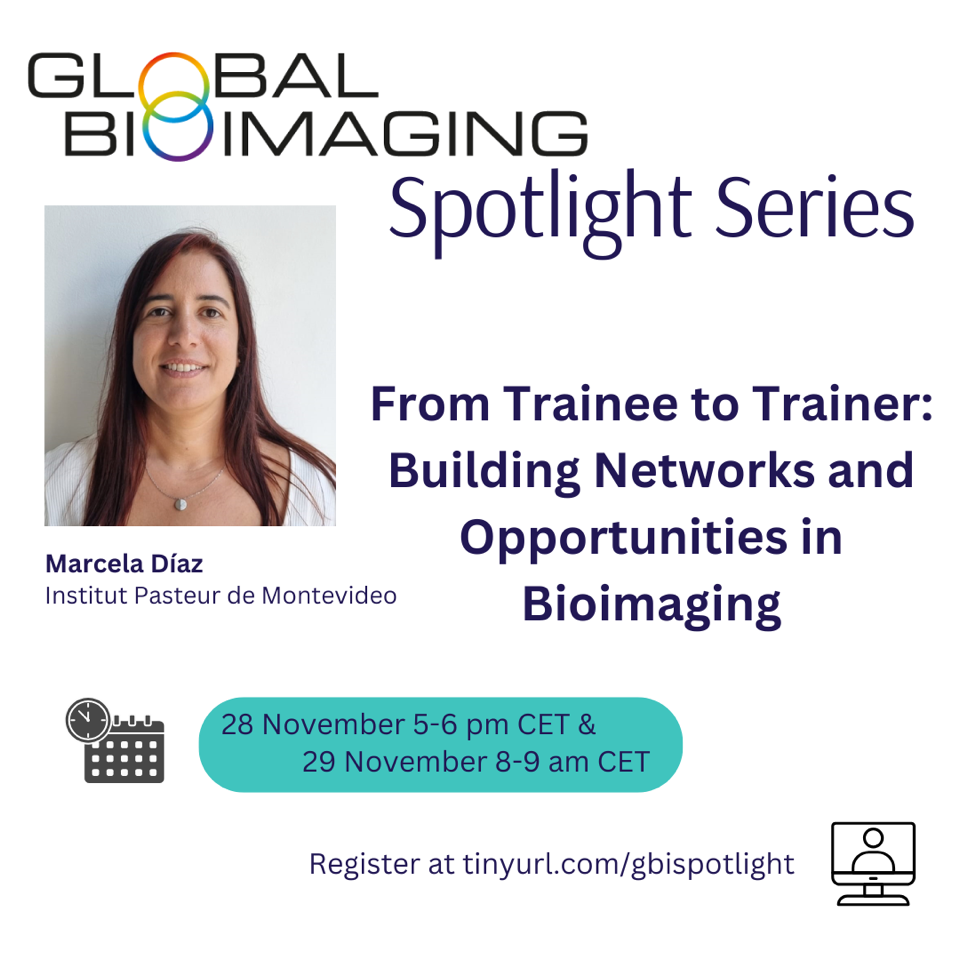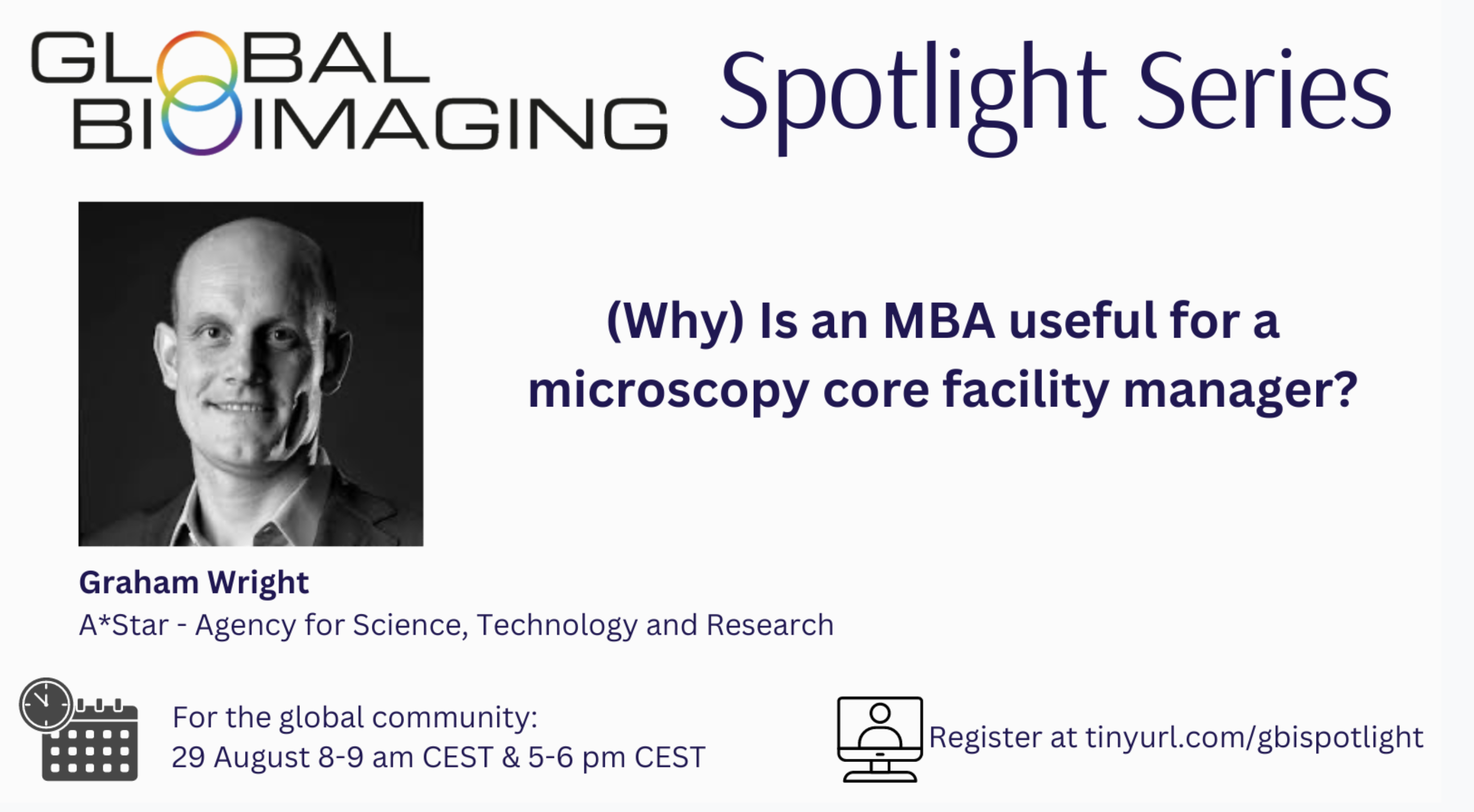CareerPath for Imaging Scientists
During 2023 and 2024, the Global Bioimaging Career Paths for Imaging Scientists working group collected information on the challenges experienced by personnel in core facilities. Drawing on this data, the group has written an International Recommendation paper and, subsequently, a Journal of Microscopy Article on “Recognising the importance and impact of Imaging Scientists: Global guidelines for establishing career paths within core facilities”. The group aims to offer a global perspective on the challenges faced by core facility scientists and propose recommendations for nurturing their professional advancement, drawing insights from successful case studies.
🌐 Your Voice Matters! Share Your Challenges!
We would like to ascertain if you, as a member of this community, agree with our recommendations and if you can help us identify areas of concern that are relative to your institute, university, or facility and are not already represented or included. Our Top 5 Challenge Survey can be completed online here.
Our goal is to increase international submissions to strengthen representation and diversity, ensuring the broadest possible engagement with the topic. The survey will be open until the end of the year (31.12.2024). We plan to resurvey the community periodically to assess changes over time and determine the impact of our working group's efforts and published recommendations on the challenges Imaging Scientists face.
📧 Stay Connected, Stay Informed!
Ready to join this transformative journey? REGISTER HERE to receive ongoing updates on the TOP 5 landscape results.

 Marcela Diaz will highlight the importance of teaching and training in shaping a successful core facility role. Starting as a junior facility member participating in a "train-the-trainer" course, Marcela has advanced to leading such courses herself and teaching imaging methods to researchers and other imaging scientists. In this talk, she will discuss how developing both scientific and pedagogical skills to effectively teach and train users is critical for core facility staff - not only as a tool for career growth but also as a means to make a broader impact by sharing imaging knowledge.
Marcela Diaz will highlight the importance of teaching and training in shaping a successful core facility role. Starting as a junior facility member participating in a "train-the-trainer" course, Marcela has advanced to leading such courses herself and teaching imaging methods to researchers and other imaging scientists. In this talk, she will discuss how developing both scientific and pedagogical skills to effectively teach and train users is critical for core facility staff - not only as a tool for career growth but also as a means to make a broader impact by sharing imaging knowledge.

